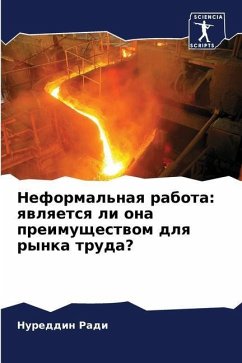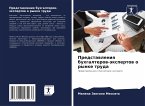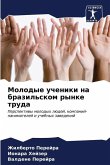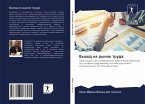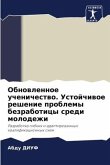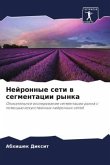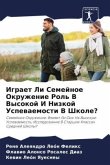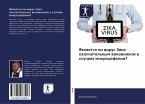The essential question that we will try to answer in this paper is the following: Doesn't informal work, by its growing scope (number of workers) and its rapid extension (within more and more social strata), signify profound changes in the relationship to officially regulated wage labor? From this point of view, informal work is a reminder, through its socio-anthropological dimensions, that the state cannot claim to exercise any monopoly on social organization. The extended reproduction of informal activities means that the massive intervention of the state faces the opposition of society on the very ground that it has chosen: the economy structured around industrialization and officially regulated wage labor. This approach is part of a research problematic that aims to grasp the meaning of what we believe should be identified as emerging social realities in Algeria. We will then attempt to specify the concept of proximity and coopetition in relation to the informal sector and based on entrepreneurship and the creation of micro enterprises.

